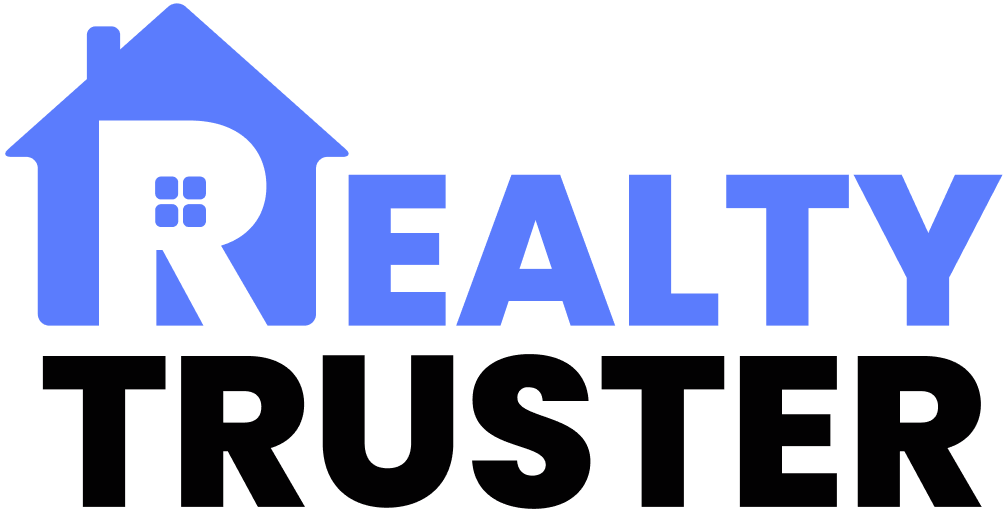deandregrimsha
About deandregrimsha
The Affect of Artificial Intelligence On Trendy Society
Artificial Intelligence (AI) has quickly evolved over the previous few a long time, transitioning from a niche area of computer science to a transformative force that permeates various aspects of fashionable society. This article explores the multifaceted impact of AI across different sectors, its implications for the workforce, ethical issues, and the long run trajectory of this technology.
The Evolution of AI
AI, in its simplest form, refers to the aptitude of a machine to mimic clever human behavior. The roots of AI will be traced back to the 1950s, with pioneers like Alan Turing and John McCarthy laying the groundwork for what would change into a revolutionary area. Nevertheless, it wasn’t until the arrival of big information, superior algorithms, and highly effective computing assets that AI started to appreciate its potential. As we speak, AI encompasses a variety of applied sciences, together with machine studying, natural language processing, and robotics, every contributing to its widespread adoption.
AI in Numerous Sectors
- Healthcare: One of the most profound impacts of AI is observed within the healthcare sector. AI algorithms can analyze vast quantities of medical information, aiding in diagnostics, personalized treatment plans, and even predicting affected person outcomes. As an example, AI-pushed tools can analyze medical imaging, reminiscent of X-rays and MRIs, to detect anomalies with a precision that usually surpasses human radiologists. Furthermore, AI-powered chatbots and virtual health assistants are enhancing patient engagement and streamlining administrative processes.
- Finance: In finance, AI is revolutionizing how establishments function. Algorithms are employed for threat assessment, fraud detection, and algorithmic buying and selling, permitting for sooner and extra accurate resolution-making. Robo-advisors, which utilize AI to provide financial advice, are democratizing entry to investment methods, making it easier for people to manage their funds without the need for conventional financial advisors.
- Transportation: The transportation sector is witnessing a major transformation because of AI, significantly with the development of autonomous vehicles. Corporations like Tesla, Waymo, and others are on the forefront of this innovation, working to create self-driving automobiles that may navigate complicated environments with minimal human intervention. AI can be optimizing logistics and provide chain administration, bettering efficiency and decreasing prices.
- Manufacturing: AI is enhancing manufacturing processes by way of automation and predictive maintenance. Smart factories equipped with AI techniques can monitor machinery in real-time, predicting failures earlier than they happen and minimizing downtime. This not solely increases productiveness but also permits for a more sustainable strategy to production by reducing waste and power consumption.
- Schooling: In training, AI is personalizing learning experiences. Adaptive learning platforms use AI to investigate student efficiency and tailor educational content to meet individual needs. This approach helps to address numerous studying styles and paces, making education more accessible and effective.
The Workforce and Employment
As AI continues to combine into varied industries, its affect on the workforce cannot be ignored. While AI has the potential to create new job alternatives, it also poses a big menace to existing jobs, notably those that contain repetitive duties. In accordance with a report by McKinsey, as much as 800 million international workers may very well be displaced by automation by 2030.
The challenge lies in the transition of the workforce. Reskilling and upskilling initiatives are essential to arrange employees for the jobs of the long run, which is able to doubtless require a distinct set of expertise. Here is more about what is the best erectile dysfunction treatment visit the internet site. Collaboration between governments, academic institutions, and businesses is crucial to ensure that people are equipped to thrive in an AI-pushed economic system.
Ethical Concerns
The rise of AI brings with it a host of moral considerations that should be addressed. Issues reminiscent of information privateness, algorithmic bias, and the potential for misuse of AI applied sciences elevate essential questions about accountability and governance. As an example, AI techniques trained on biased data can perpetuate present inequalities, leading to discriminatory outcomes in areas reminiscent of hiring, regulation enforcement, and lending.
To mitigate these dangers, it is crucial to ascertain moral frameworks and regulatory tips that govern the development and deployment of AI applied sciences. Transparency in AI algorithms, along with strong data governance practices, can assist construct trust and be sure that AI serves the greater good.
The way forward for AI
Wanting ahead, the future of AI holds both promise and uncertainty. As technology continues to advance, we will anticipate AI to grow to be much more built-in into our day by day lives, influencing how we work, communicate, and interact with the world around us. The concept of ”common AI,” or machines that possess human-like cognitive talents, remains a topic of debate amongst specialists, with opinions various on its feasibility and timeline.
Moreover, the collaborative potential between humans and AI presents exciting opportunities. Augmented intelligence, the place AI enhances human capabilities moderately than replacing them, might lead to groundbreaking improvements throughout numerous fields. This symbiotic relationship may redefine what it means to work and create, ushering in a brand new era of productiveness and creativity.
Conclusion
The influence of artificial intelligence on fashionable society is profound and much-reaching. From healthcare to finance, transportation to schooling, AI is reshaping industries and altering the way we reside and work. Whereas the advantages of AI are undeniable, it’s crucial to navigate the challenges it presents, notably regarding the workforce and ethical implications. As we stand on the brink of a brand new technological frontier, fostering a responsible and inclusive approach to AI will likely be important in harnessing its full potential for the betterment of society.
No listing found.
